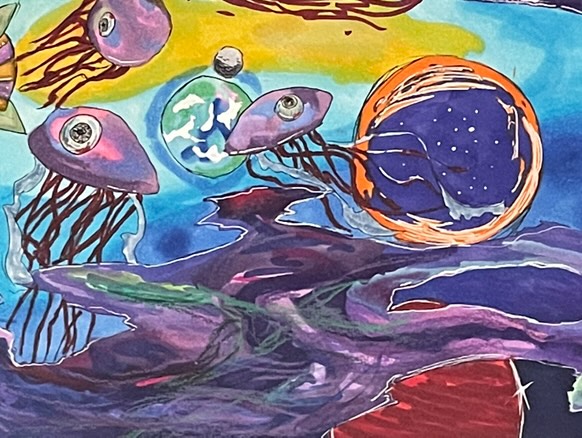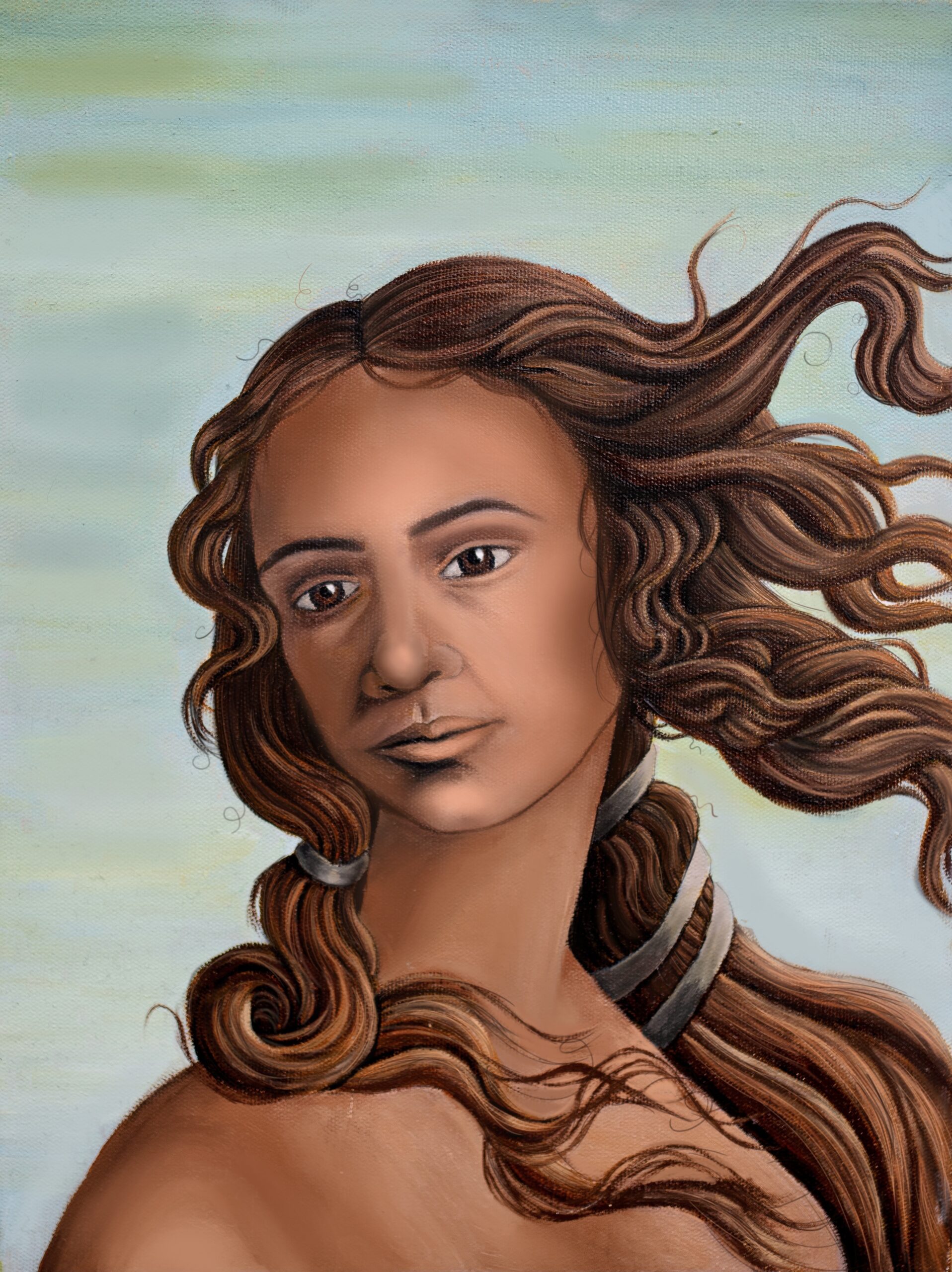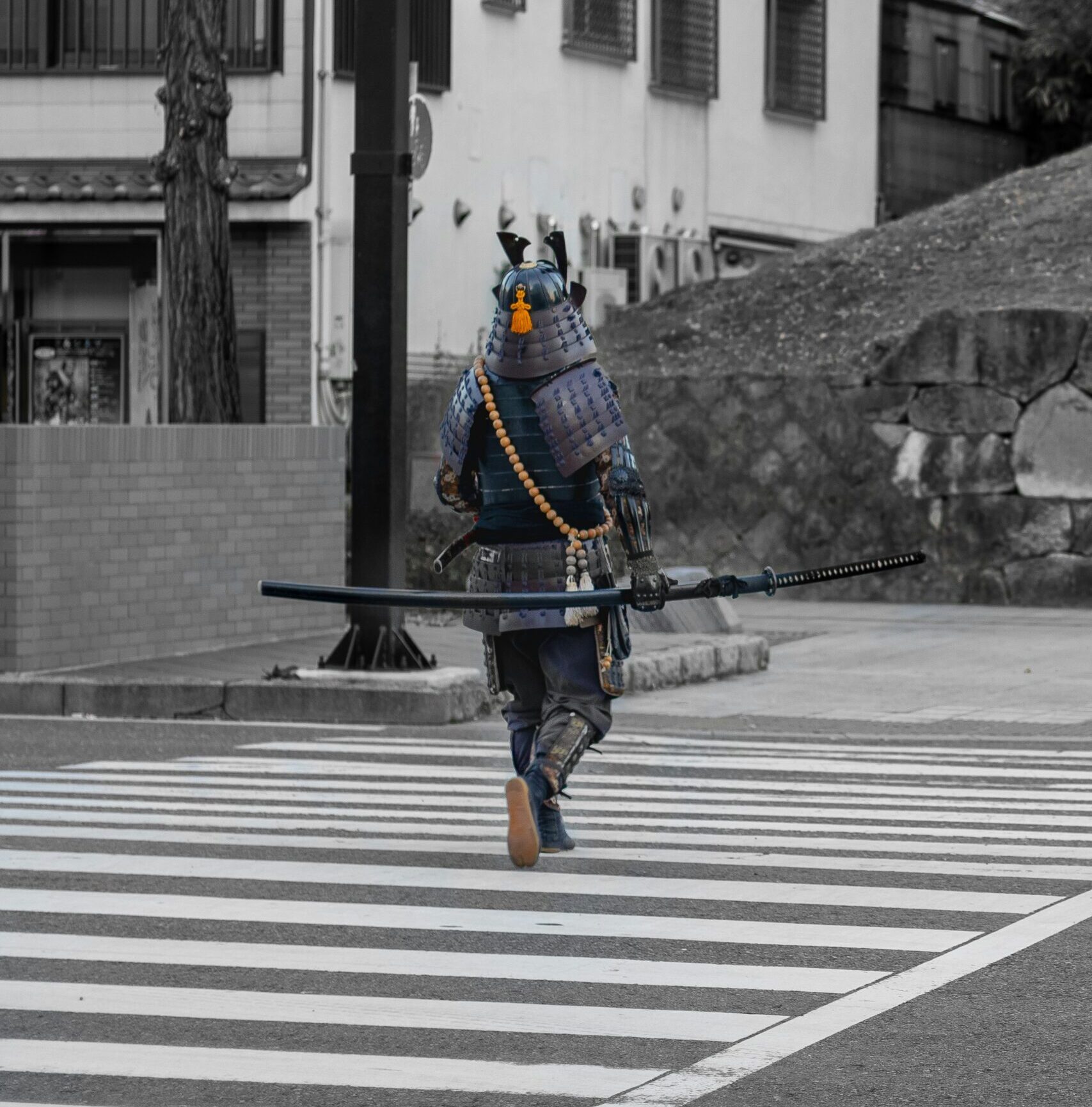Featured in

- Published 20250506
- ISBN: 978-1-923213-07-4
- Extent: 196 pp
- Paperback, ebook, PDF


Already a subscriber? Sign in here
If you are an educator or student wishing to access content for study purposes please contact us at griffithreview@griffith.edu.au
Share article
More from author

Instructions for killing monsters
I do know this: Never in the history of the world has any monster been defeated with fear. (Literally, never. I checked.) Ultimately, the only shields against the powers of destruction, death and evil are the qualities that come under the banner of love, which is the bright day to fear’s night.
More from this edition

The art of appropriation
In Conversation When Brandi Salmon taught herself to paint as a teenager in country Victoria, she never imagined she’d grow up to be a full-time visual...

Scrolling to the end
IntroductionOur contemporary content malaise feels very recent, yet the twentieth-century media scholars Marshall McLuhan and Neil Postman predicted our technological capture decades before Mark Zuckerberg and his college roommates devised a neat way for their fellow Harvard students to connect online.

Culture warrior
Non-fictionIt’s safe to say, then, that Star’s protagonist is not a carbon copy of Mishima, despite the novelist’s status as Japan’s first Sūpāsutā (superstar). Twenty-three and blindingly gorgeous, Rikio Mizuno, known by the anglicised monomer Richie, is a Japanese James Dean. ‘I am a speeding car that never stops,’ Richie muses, conflating the icon with the instrument of his death. ‘I’m huge, shiny and new, coming from the other side of midnight… I ride and ride and never arrive.’ Unlike Dean, Richie survives past his twenty-fourth birthday, the addition of a single year weighing on him like a death sentence. At the story’s conclusion, when Richie is confronted by the crinkled visage of a matinee idol of yesteryear, he realises that having celebrated the twenty-fourth birthday Dean was denied by his Porsche 550 Spyder, ‘Little Bastard’, he has missed his chance to, as Dean said, ‘Live fast, die young and leave a good-looking corpse.’ Anyone who has been to a gay guy’s thirtieth birthday party will recognise the sentiment.